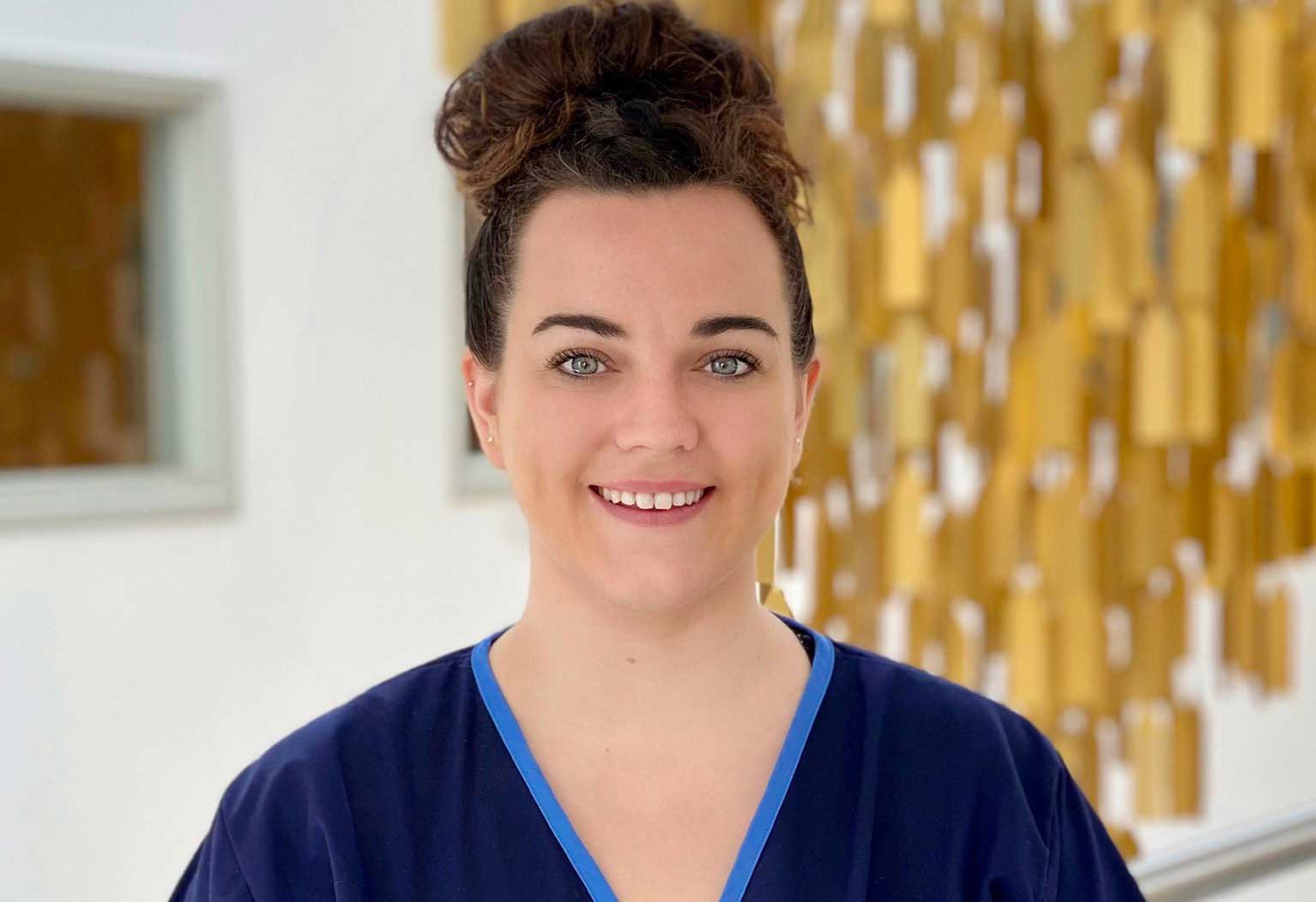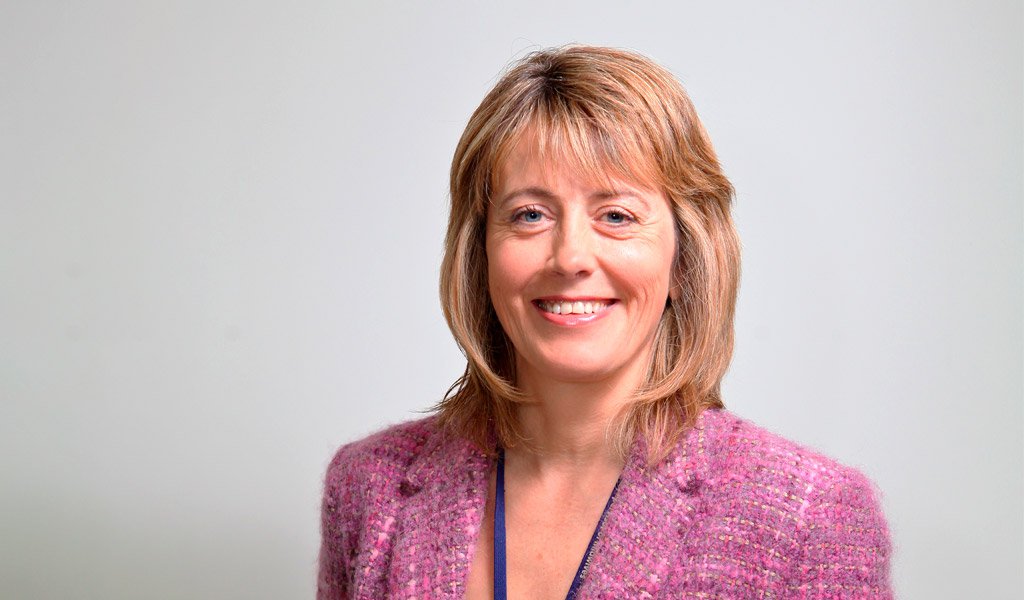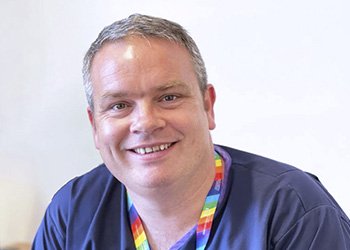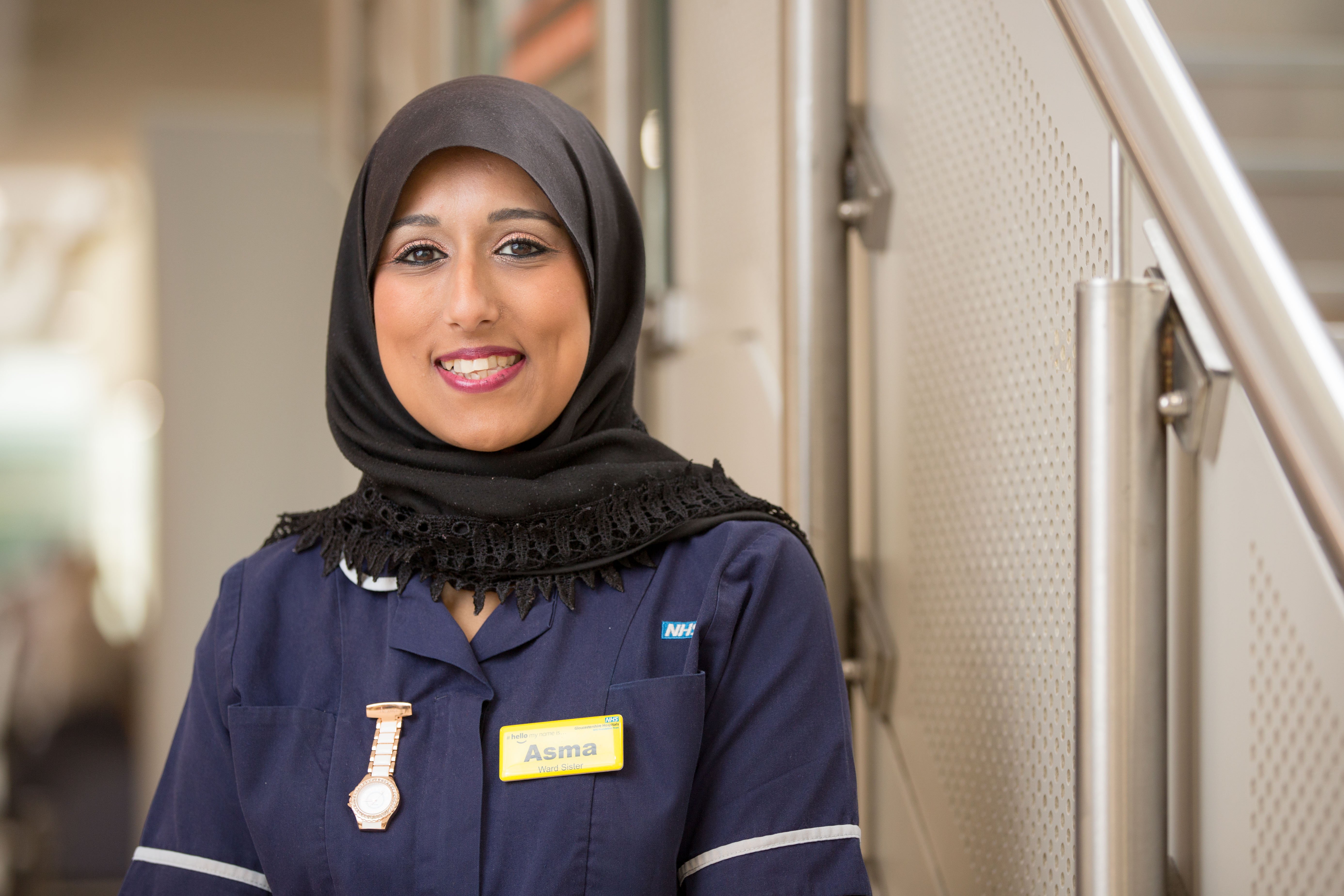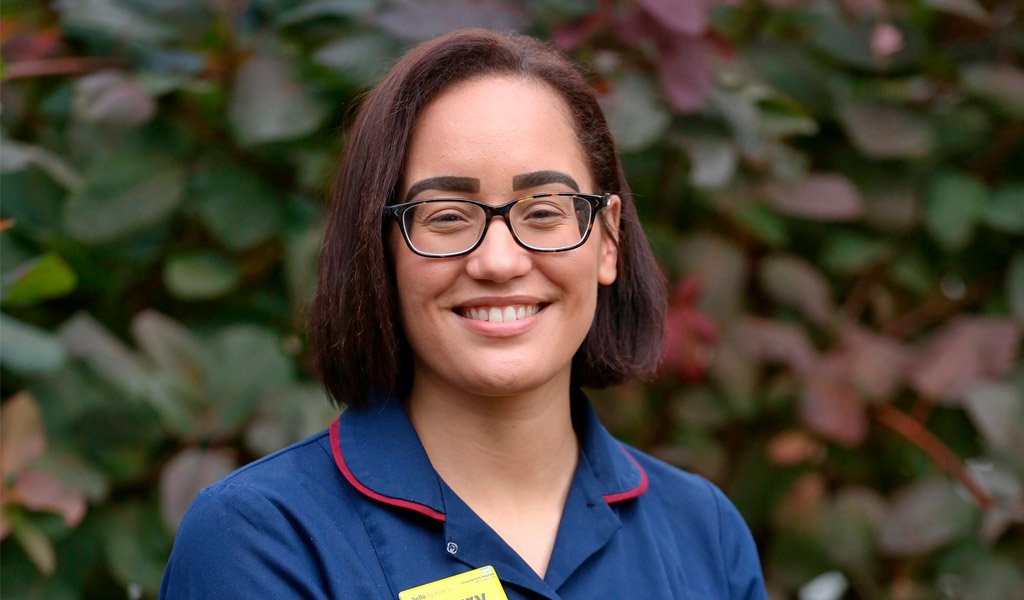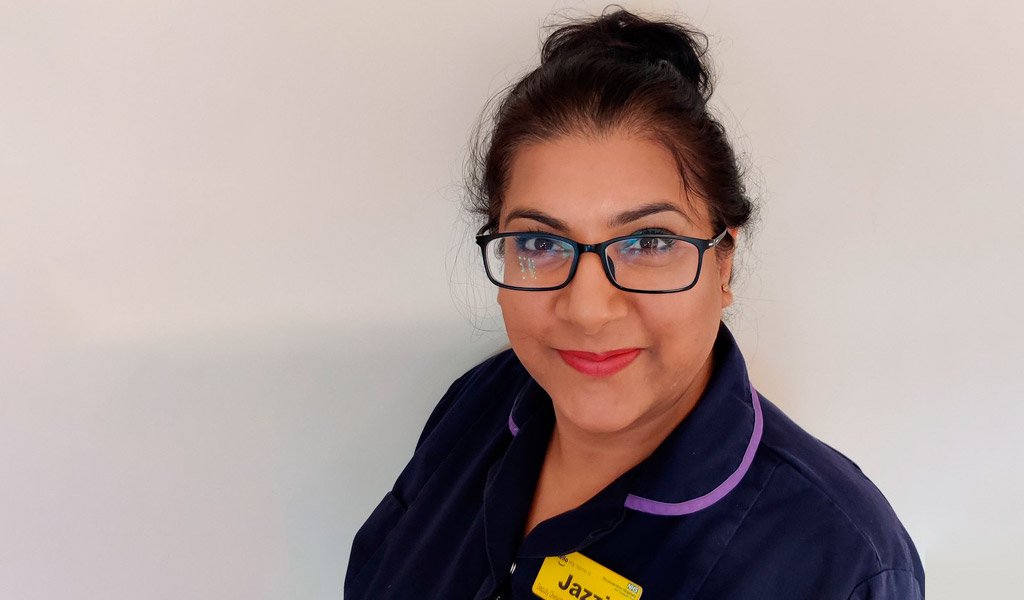Nursing and Midwifery Excellence
Our professional excellence improvement programme has been created to coordinate and oversee the implementation of collaborative shared professional decision making.
On this page
-
Collective leadership improvement councils
-
Our nursing and midwifery excellence council
-
Collective leadership programme
-
CNO national shared professional decision making council
-
Collective leadership and shared governance
-
Nursing at Gloucestershire Hospitals
-
Midwifery at Gloucestershire Hospitals
-
Magnet4Europe
-
Contact us
Research tells us that when collective leadership happens, our colleagues are more motivated. Our nursing and midwifery excellence programme helps us achieve shared decision making and creates a positive practice environment.
Collective leadership improvement councils
Our improvement council structure allows us to focus on our improvement work. We have 11 improvement councils in progress and plan to expand.
Focus
Each council must have an improvement focus, and all key stakeholders and colleagues should be represented.
Our approach is interprofessional and collaborative, and we prioritise improvement strategies.
Members
Including the right people on our improvement councils is critical to successful improvement.
Our councils will vary in size, but each council should build a team that meets its own improvement needs.
Aims
Each council should have projects with aims that are:
- time specific
- measurable
It should also define the specific population of staff, patients or other systems that could be affected.
Selecting measures after diagnosis
Councils should use quantitative measures and qualitative insight to determine whether a specific change should lead to an improvement.
Changes
When the council is ready to consider making changes, it will follow these steps:
- select change: ideas for change may come from those who work in the system, or from the experience of others who have successfully improved.
- test change: we plan change on a small scale, try it, observe results, and then act on what is learned.
- implement change: after change has been tested on a small scale, the team can implement the change more widely. For example, for an entire unit.
- spread change: after change has been successfully implemented, we can spread the changes to other parts of our Trust or to other organisations.
Our nursing and midwifery excellence council
Our first shared professional decision making council was set up in July 2020, with a number of colleagues from the point of care.
Our council members discuss and debate the relevant professional, clinical and operational matters that are important to them and to their colleagues. The council meets virtually once a month and includes:
- chair, Charlotte Jakab-Hall, senior practice development nurse and chief nurse fellow
- vice chair, Hayley Mumford, project nurse, Department of Critical Care
- chief midwife, Vivien Mortimore, divisional director of midwifery and chief midwife
- executive lead council member, Matt Holdaway, director of quality and chief nurse
My ambition, as chair of the nursing and midwifery excellence council, is for all nursing colleagues and midwives to be involved in shared professional decision making and collective leadership within our Trust.
Charlotte Jakab-Hall, Chair
Collective leadership programme
We are 1 of 15 trusts that are part of the NHS Improvement collective leadership programme.
The chief nursing officer (CNO) for England’s vision is to ensure the collective nursing and midwifery voice is heard across all sectors so that the professions’ contribution is valued and listened to in all decision-making conversations.
CNO national shared professional decision making council
The CNO national shared professional decision making council was established in May 2020, in response to COVID-19. Gloucestershire Hospitals NHS Foundation Trust have members which include:
- chair of the national COVID-19 shared professional decision making council, Asma Pandor, admiral nurse for dementia care
- chair of the national infection prevention and control council, Kerry Holden, lead nurse for infection prevention and antimicrobial stewardship
- South West representative on the CNO BME strategic advisory group (SAG), Jazzi Chopra Povall, divisional deputy director of quality and nursing
Find out more about national shared governance and collective leadership.
Collective leadership and shared governance
We have defined collective leadership to include:
- shared responsibility
- shared professional decision making
- empowerment
- accountability
- team work
- authentic engagement
Our collective leadership approach involves us working together towards a shared goal, to create a positive practice environment throughout our Trust and provide best care for everyone.
Nursing at Gloucestershire Hospitals
Watch this very special video celebrating our incredible nurses and the difference they make to people’s lives.
Midwifery at Gloucestershire Hospitals
Watch this very special video celebrating our outstanding midwives and the difference they make in the community.
Magnet4Europe
Magnet4Europe is the largest initiative to improve hospital work environments to date, and Gloucestershire Hospitals will be part of a groundbreaking 4 year research study.
We are 1 of 14 hospitals in the UK, and 60 across Europe, that will be supported to redesign our systems and ways of working to tackle burnout and stress. The aim is to improve the mental health and wellbeing of doctors and nurses in European hospitals.
The study will implement and evaluate the Magnet model of organisational redesign in NHS trusts in a sample of trusts in England, and in hospitals in 5 other European countries. To evaluate its impact, the research team (led in the UK by University of Southampton) will survey staff annually.
Contact us
You can get in touch with us about the professional excellence programme and shared professional decision making, by contacting our programme director Suzie Cro:
- mobile 07789 864970
- email Suzie.Cro@nhs.net
- Twitter: @Suz_Cro and follow @ghft_excellence
